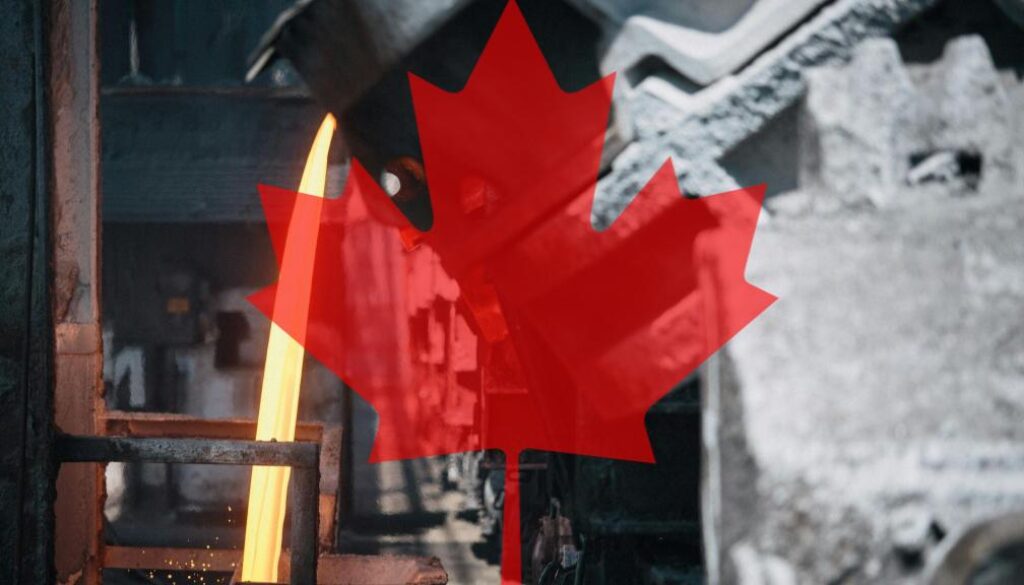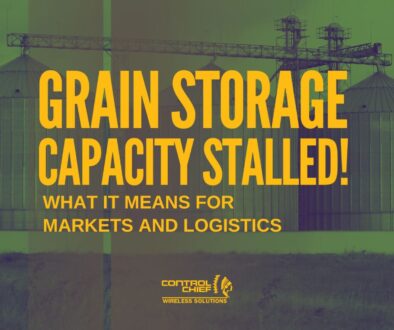Canada Takes Firm Stance with Tariffs on Chinese Steel and Aluminum Imports

In a significant move to protect its domestic industries, Canada has introduced a 25% tariff on Chinese steel and aluminum imports, effective October 22, 2024. This measure follows a 100% tariff imposed on Chinese electric vehicles (EVs), marking Canada’s alignment with the U.S. and European Union in addressing China’s overcapacity in global markets.
Why Canada Imposed 25% Tariffs on Chinese Steel and Aluminum
The Canadian government, led by Deputy Prime Minister and Finance Minister Chrystia Freeland, implemented the tariffs as a response to what it views as unfair trade practices from China, which is known for its overproduction of steel. China’s state-directed policy has flooded global markets, making it difficult for Canadian manufacturers to compete both domestically and internationally.
“We are moving in lockstep with key international partners to protect Canadian workers and businesses in our steel and aluminum sectors from China’s intentional, state-directed policy of overcapacity and oversupply,” Freeland stated. “This action is crucial to leveling the playing field” .
Canadian Steelworkers Applaud Tariff Decision
The United Steelworkers union in Canada has fully supported this move, noting that these tariffs are not about isolationism but about fairness in the global market. The union sees this as a necessary step to prevent job losses and bolster Canada’s industrial sector, particularly in manufacturing.
“This isn’t about creating barriers; it’s about giving Canadian workers a chance to defend their jobs against unfair trade practices that have hurt our industries for far too long,” said a USW representative . The tariffs are expected to reinforce Canada’s domestic steel industry and ensure long-term economic growth.
China’s Complaint to the WTO: What’s at Stake
Unsurprisingly, China has reacted strongly, filing an official complaint with the World Trade Organization (WTO) to contest these tariffs. China’s Ministry of Commerce has argued that the tariffs will “disrupt and distort global industrial and supply chains” . However, Canada remains firm in its decision, and the international steel market is closely monitoring the outcome of the WTO dispute.
China has raised similar complaints against tariffs imposed by the European Union and the United States. As countries around the globe push back against China’s influence in the steel industry, tensions continue to rise, leaving many wondering about the long-term impact on global trade.
The Global Steel Market and What It Means for North America
Canada’s actions against Chinese steel imports highlight a broader trend of protecting domestic markets from oversupply and overcapacity, especially from China. With steel being a critical component in construction, manufacturing, and infrastructure, North American steel producers continue to play a key role in economic development.
Efforts to reduce reliance on Chinese imports not only protect domestic jobs but also ensure the long-term viability of North American steel producers. These protective measures are designed to support local industries and create a more balanced global marketplace.
Control Chief Corporation proudly serves the steel industry with cutting-edge industrial remote controls and overhead crane remote controls.
Views: 4



